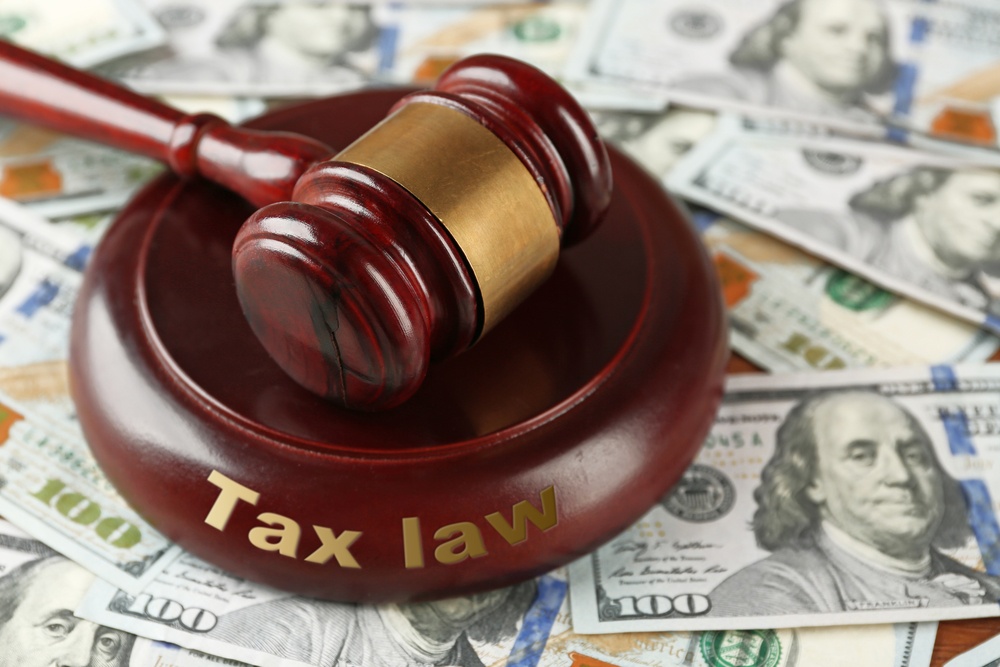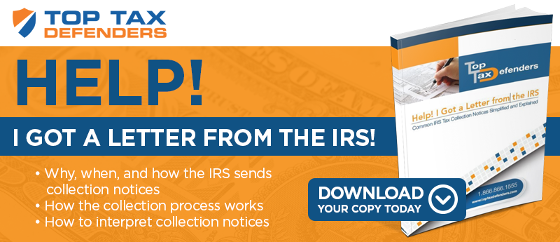
Filing your tax return each year may not be as simple or fast as you would prefer. You could actually make costly mistakes if you accidentally or purposefully leave out critical information. Making a mistake on your taxes, whether by accident or on purpose, can result in you having to pay expensive penalties. You can miss out on paying costly fines by learning about what IRS penalties you can easily avoid.
Failure to File
The Failure to File penalty is reserved for taxpayers who do not file their returns on time or do not file their tax returns at all. If you do not submit your return by the deadline for the tax year, you could incur this penalty, which will be added to what you already might owe to the IRS or from the refund you anticipate getting back.
If you cannot submit your returns by the annual April deadline, you can avoid this penalty by requesting a tax filing extension from the IRS. This extension will give you another six months to collect information, prepare your taxes, and submit your return. The extension, however, does not allow you to avoid paying the taxes that you owe by the annual deadline.
Late Tax Payment
The late tax payment penalty is assessed when you owe a balance to the IRS but fail to pay it by midnight on the tax filing deadline. The penalty for failing to pay your taxes will be added to what you already owe. Your tax balance will also accrue compound interest for every month that you fail to pay your taxes, which can significantly increase the burden that you already owe to the IRS.
Underpayment Penalty for Estimated Taxes
The underpayment penalty for estimated taxes is a fine levied against taxpayers like small business owners who do not pay the full amount of their estimated taxes. If you under pay what you are estimated to owe, you could incur this penalty.
It will be added to what you already owe and could make paying your next round of taxes even more challenging. In this instance, if you are not entirely sure how much you owe in estimated taxes, it is better to try to over pay than fall short of the full amount expected from you.
Fraud
The IRS considers fraud to be one of the most serious offenses you can commit as a taxpayer. Fraud involves not reporting a source of income or claiming exaggerated deductions to lower your tax burden. If you are caught engaging in fraud, you could incur a penalty of 75 percent of what you owe to the IRS. You could also face legal penalties that can include jail time.
You can avoid being penalized for fraud by disclosing all of your sources of income and by providing proof of your deductions. It is important to remember that the IRS receives the same proof of your income earnings like W2s and 1099s as you do each year. It will be able to detect if you are being truthful on your tax returns or if you are committing fraud to lower your tax obligation.
Charitable Organization Penalty
The IRS will penalize owners and operators of charitable organizations if they are caught engaging in for-profit activities. The penalty can be sizable and make paying the year's taxes even more challenging. Further, the organization can lose its non-profit tax exempt status.
Avoiding this penalty is as simple as refusing to engage in activities that could result in the loss of your tax exempt status. You should avoid the temptation to take part in activities that the IRS would consider to be for-profit.
Healthcare Penalty
The Affordable Care Act comes with an individual mandate that requires you to insure yourself and your family. If you fail to buy sufficient insurance to cover you and your dependents, you could incur costly penalties in addition to your tax debt. The penalties will be added to what you owe or taken out of the refund that the IRS owes to you.
For the year 2016 and later, the penalties for failing to comply with the ACA are:
- $695 per person aged 18 and older
- $347 per minor dependent
- $2085 maximum or 2.5 percent of the taxpayer's income, whichever is greater
You may be able to avoid this penalty if you are a lower income earner and do not earn enough each year to buy sufficient insurance. Otherwise, you are obligated by law to purchase health insurance for you and your family members.
Failure to Provide a Social Security Number
When you file your tax returns, you are obligated to provide the Social Security numbers for you and all of your dependents. Failing to provide an SSN for yourself, your spouse, or one of your dependents can result in a penalty of $50 for each failure.
While you may hesitate to give out this information in other circumstances, you cannot avoid doing so when you file your income taxes. If the IRS finds that you omitted this information, you could be penalized for not providing the required identification for you or your dependents on your tax return.
Bad Check Penalty
If you write a check for your tax debt, you are expected to have that amount of money in your bank account until the check clears. If the check bounces, the IRS could penalize you $15 or the full amount of a check for $750 or under, whichever amount is less. If the check that you wrote is over $750, you will incur a fine of two percent of the entire check's total.
Failure to Pay Tax Penalty
When you owe taxes to the IRS, you have 21 days to pay the debt's entirety. If you fail to pay all of what you owe within the 21 day time frame, you will incur a penalty of ½ of one percent of the tax total for each month you do not pay it. The penalty cannot exceed 25 percent in one year.
You can avoid the failure to pay tax penalty by asking the IRS for an installment agreement. The installment agreement lets you pay what you owe in monthly payments.
The payments will be based on your current income. However, you will still have to pay a penalty of ¼ percent each month until the debt is paid in full.
IRS penalties can make paying your taxes more difficult and expensive. You can avoid being penalized in most cases by disclosing all of your sources of income and showing proof of your deductions. You also should review your return for mistakes and make sure you provide all of the requested information before submitting and paying your taxes by the annual deadline.




